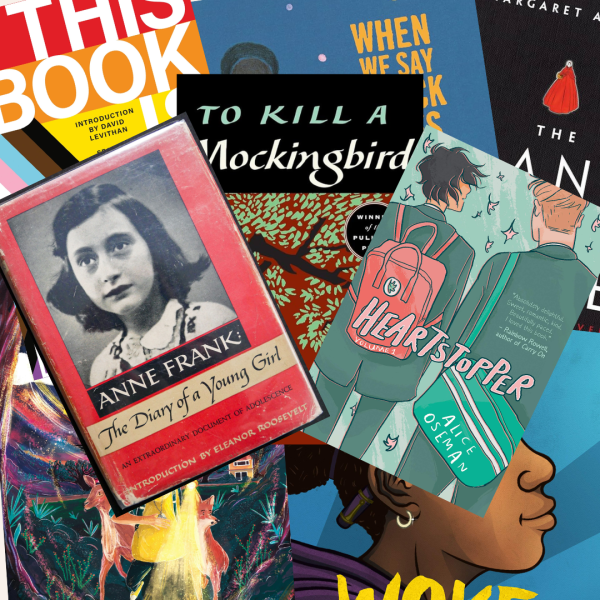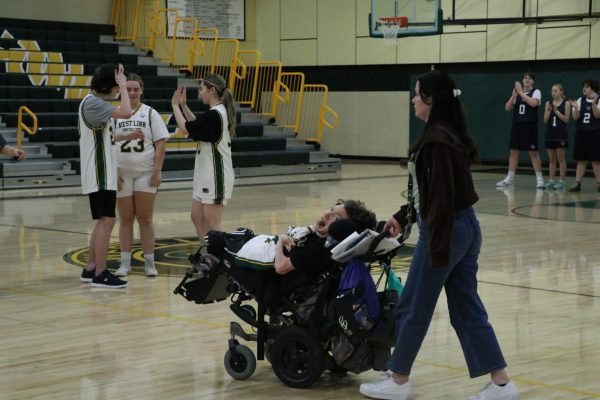Demarginalizing the college admissions essay
Are our tears writing our essays? Students are taught to appeal to the emotions of our admission officers, but perhaps it has gone too far.
*Names have been changed to protect students’ identities*
“You know, you’re lucky you have something to write about in your essays,” Alex said. “I just don’t have anything to be discriminated against.”
A second passes. Did they really just say that?
Sitting in AP English Language and Composition, a class in which students were challenged to use personal anecdotes to write essays that explored complex research topics, I didn’t feel like my identity gave me a leg up on the assigned writing prompts. In fact, sometimes I felt challenged to be honest in my writing, as it felt like life itself had passed me by, rather than overwhelming me with experiences to share.
Three months later, Alex is walking next to me, talking about what they plan to write about in their college admissions essay. I stare straight ahead, not knowing what to say when they inevitably ask, “So what are you going to write about?”
“I don’t know.”
At this moment, I realize how identity, both within myself and as a philosophical concept, is truly a gray area. We experience life in a certain way often because of the way we look, but in a vastly reformed world, your identity does not always perfectly align with your experience.
What people expect me to write about is my identity, from the standpoint of my ethnicity. I run the risk of being the victim of a hate crime, not hired for a job, or targeted just because of the amount of melanin in my skin. To a focus group, I am the demographic seen, but hardly heard— biracial.
I check two boxes on the Common Application and for what? To let those arbitrary categories define my essay, and not my true experiences in the extracurriculars I take would be a disservice to myself and the college admissions process.
Honesty is the best policy, so why would I lie and say that my identity has ruined my life and been some sort of roadblock that I have overcome to succeed? Alex views my ethnicity as some sort of crutch to lean on, but my identity as a whole is not a crutch nor an obstacle— it is simply who I am.
This is not to say that my experience in my identity is the norm, but rather that as a group, we should be in pursuit of a unique dream. Why choose competition with one another to be the most oppressed, when we could collaborate to find the solution to our problems as students of color?
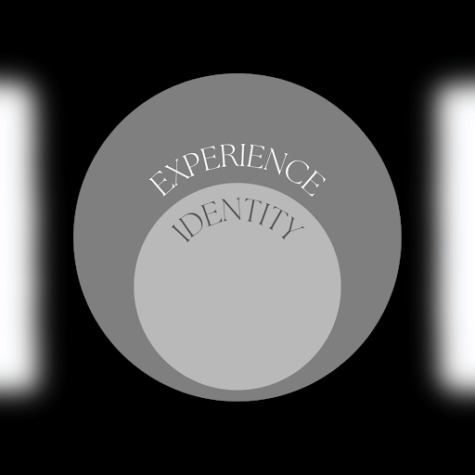 If we are to picture identity and experience as a Venn diagram, let us allow ourselves to have experiences that are both impacted by our physical appearance, and also experiences solely brought about by the things we care about most. Character is built in these moments, and though we may have an exclusive view as people of color, we can choose to let our character be what defines our identities.
If we are to picture identity and experience as a Venn diagram, let us allow ourselves to have experiences that are both impacted by our physical appearance, and also experiences solely brought about by the things we care about most. Character is built in these moments, and though we may have an exclusive view as people of color, we can choose to let our character be what defines our identities.
One of the Common Application prompts reads as,“The lessons we take from obstacles we encounter can be fundamental to later success. Recount a time when you faced a challenge, setback, or failure. How did it affect you, and what did you learn from the experience?”
In prompts like these, it becomes clear that suffering and pain can be used as currency, and spilling your guts can feel like the path to acceptance from your dream school. However, as impressionable adolescents, should we be striving to achieve our dreams by living in our past? We would be reliving and commodifying our struggle rather than focusing on what our future could look like, within the colleges we are applying to.
We’re always going to be learning from our identities. Learning is a continuous and conditional process, but how much can we really be cognizant of in our youth? When it comes time to write the final draft of my college admissions essay, I want my words to speak to my future achievements, not my past impediments.
To hear another student’s opinion on the college admissions process, listen to this week’s episode of The West Linn Weekly Wake Up, linked below and available on all podcasting platforms.
Your donation will support the student journalists of West Linn High School. Your contribution will allow us to continue to produce quality content by purchasing equipment, software, and continuing to host our website on School Newspapers Online (SNO).

When she's not writing for wlhsNOW.com and the Amplifier, Karina Rower, senior, enjoys working to promote diversity with Affinity Club and volunteering...

Audrey Lippert is a senior at West Linn High School. This is her fourth year taking journalism, and Lippert most enjoys writing current events articles,...

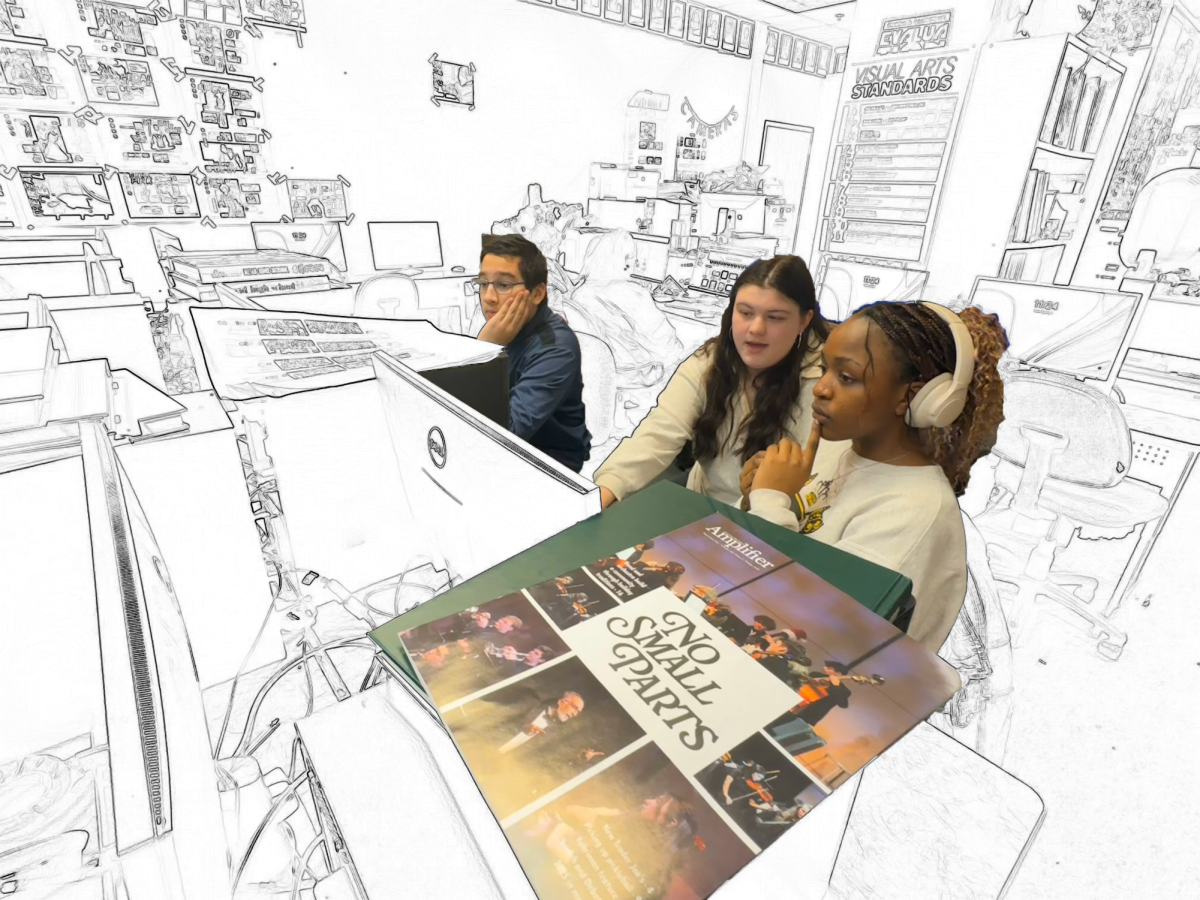


![Reaching out. Christopher Lesh, student at Central Catholic High School, serves ice cream during the event on March 2, 2025, at the Portland waterfront. Central Catholic was just one of the schools that sent student volunteers out to cook, prepare, dish, and serve food. Interact club’s co-president Rachel Gerber, junior, plated the food during the event. “I like how direct the contact is,” Gerber said. “You’re there [and] you’re just doing something good. It’s simple, it’s easy, you can feel good about it.”](https://wlhsnow.com/wp-content/uploads/2025/03/interact-1-edited-1200x744.jpg)

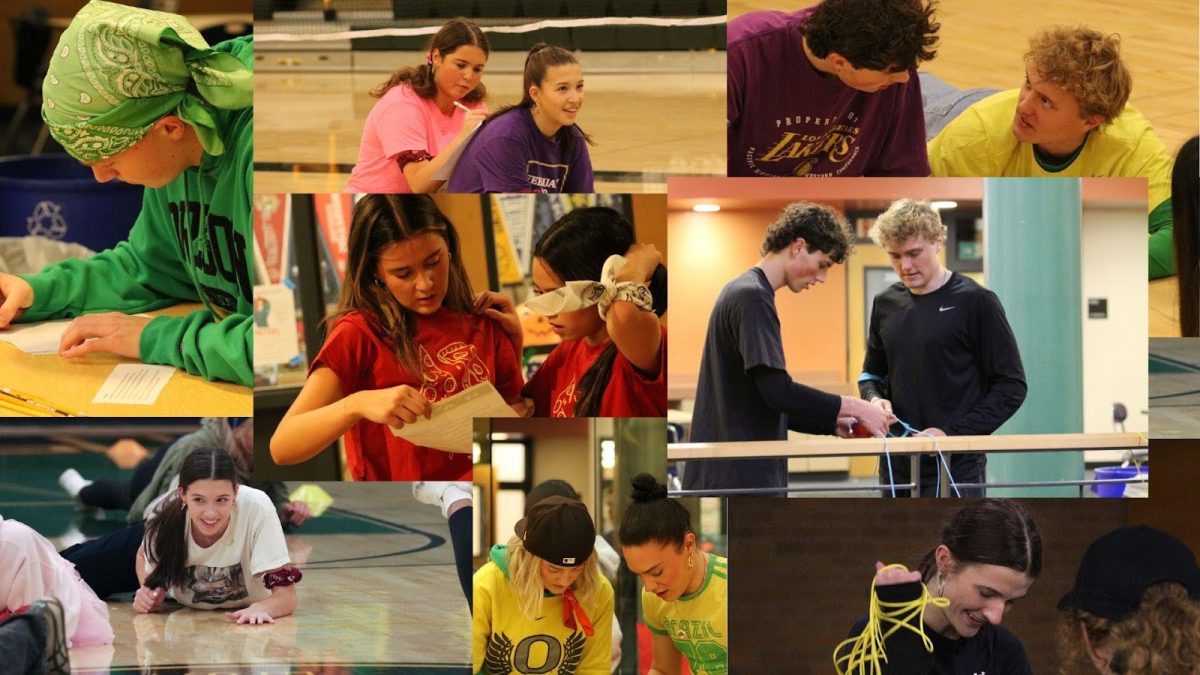



















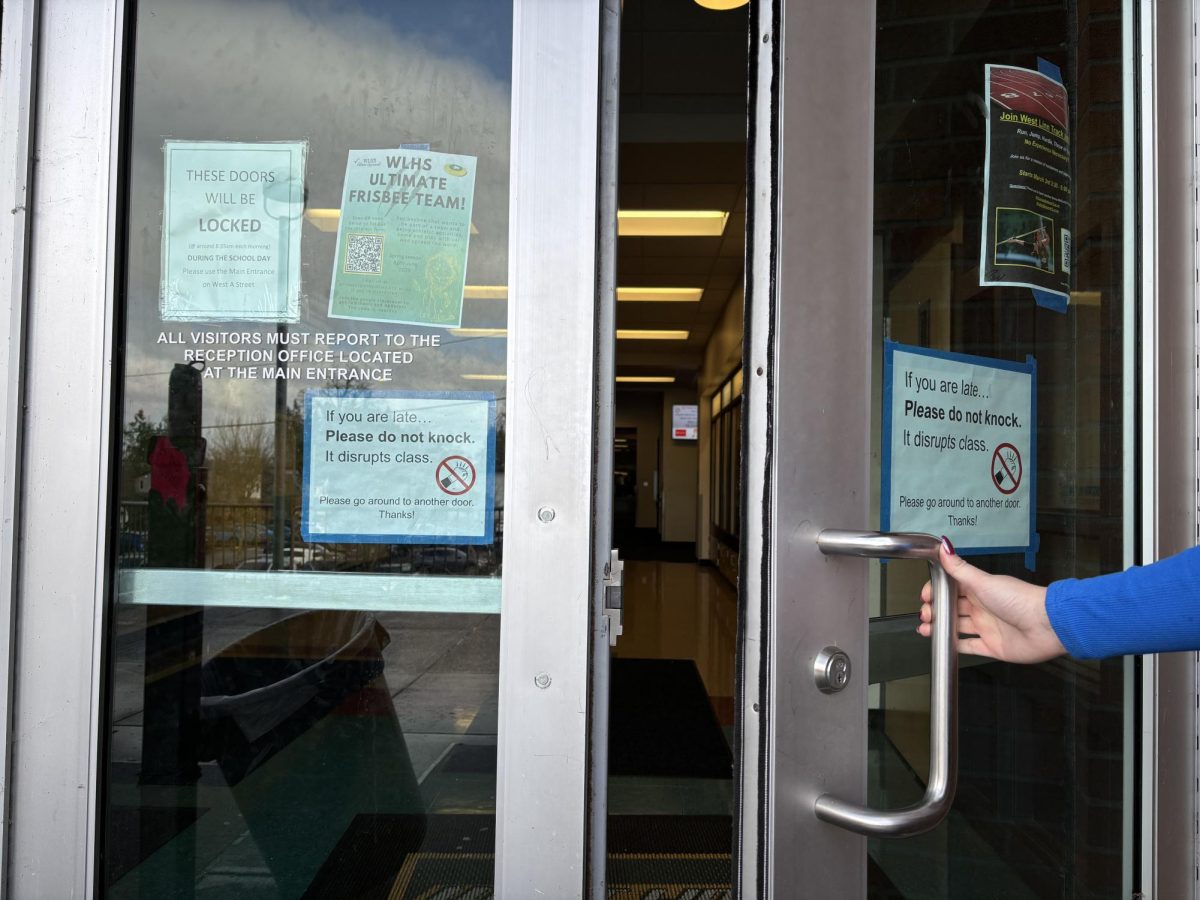
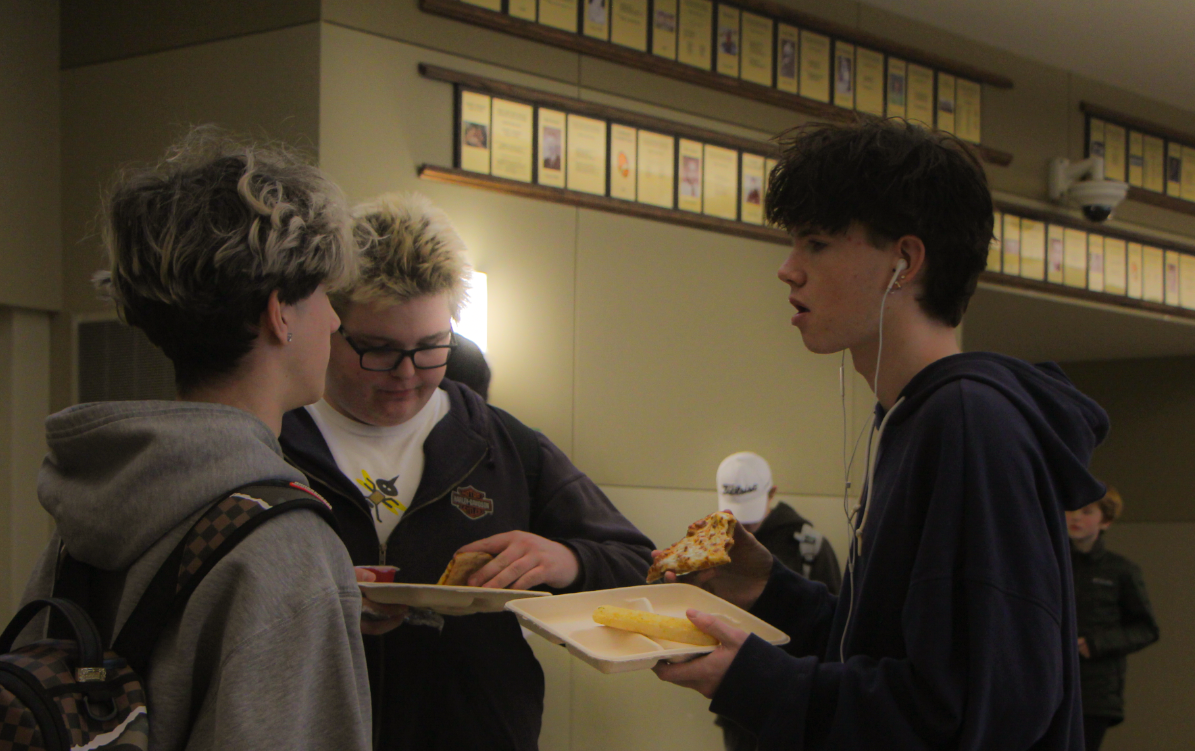

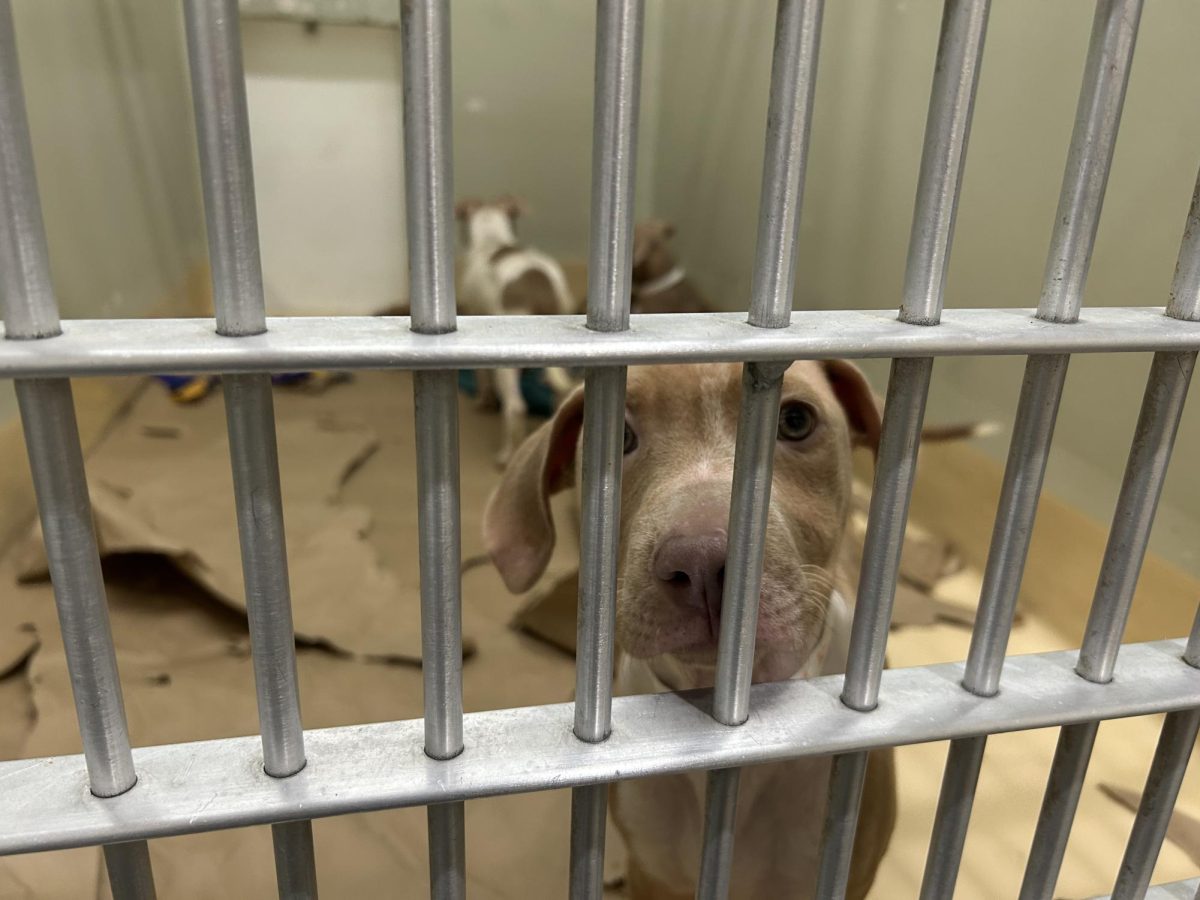
















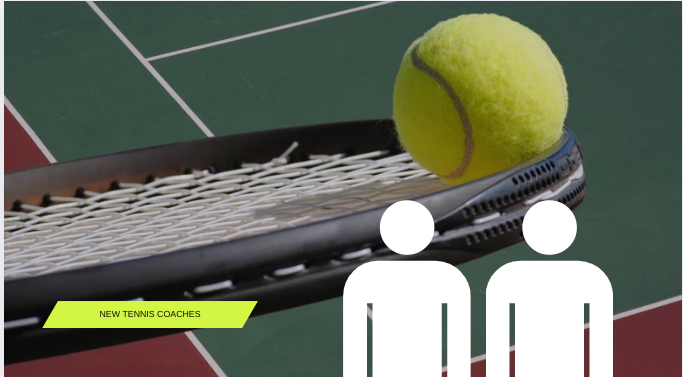
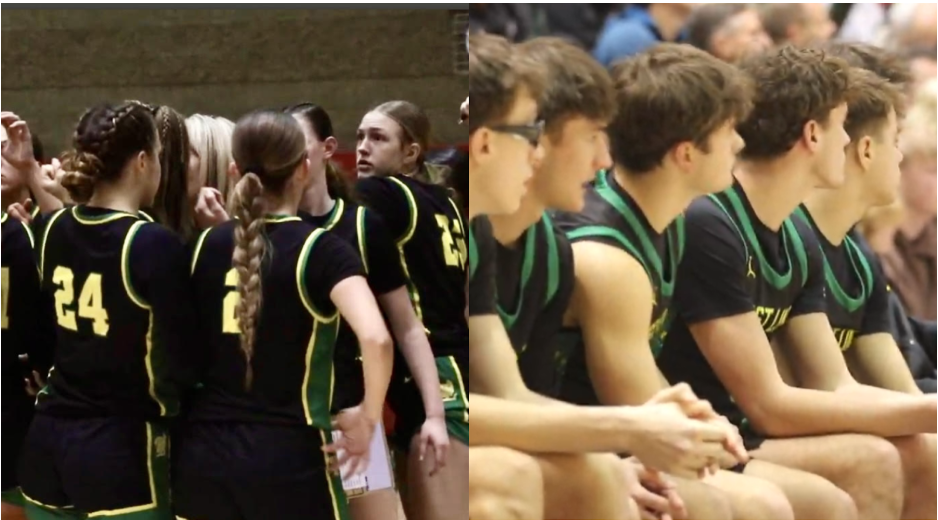
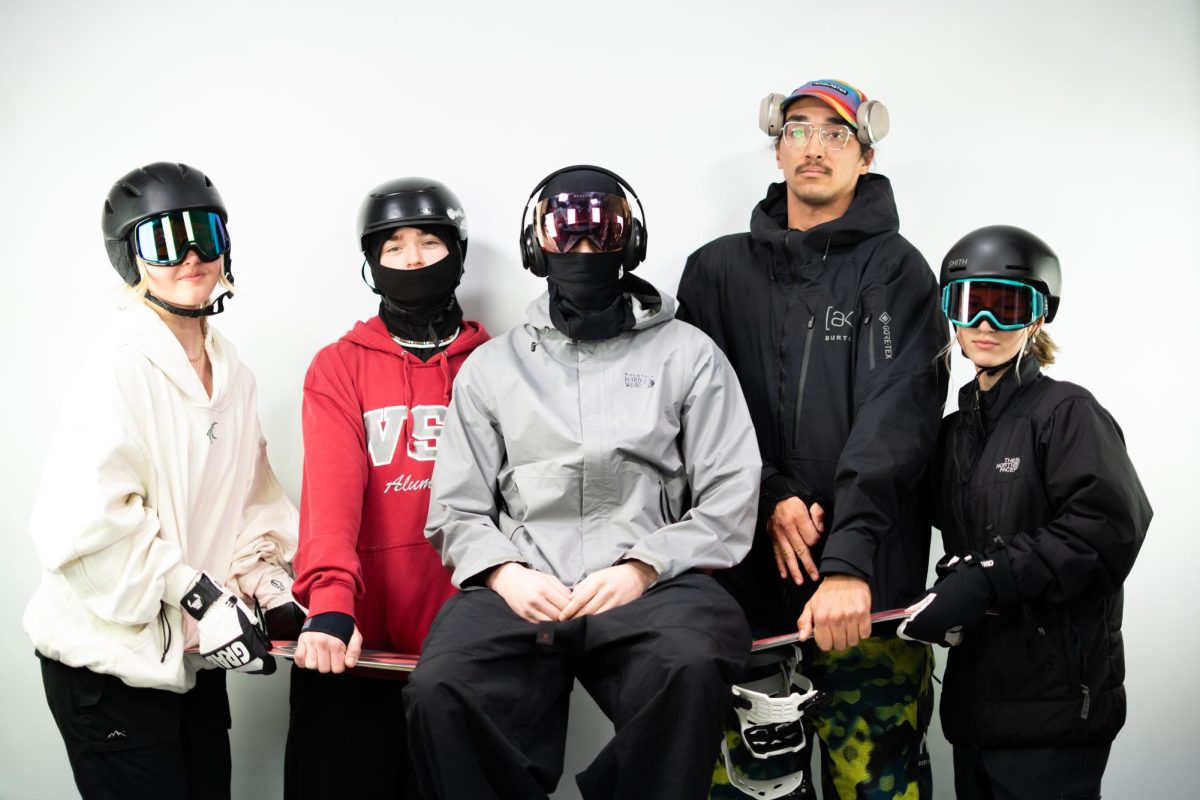

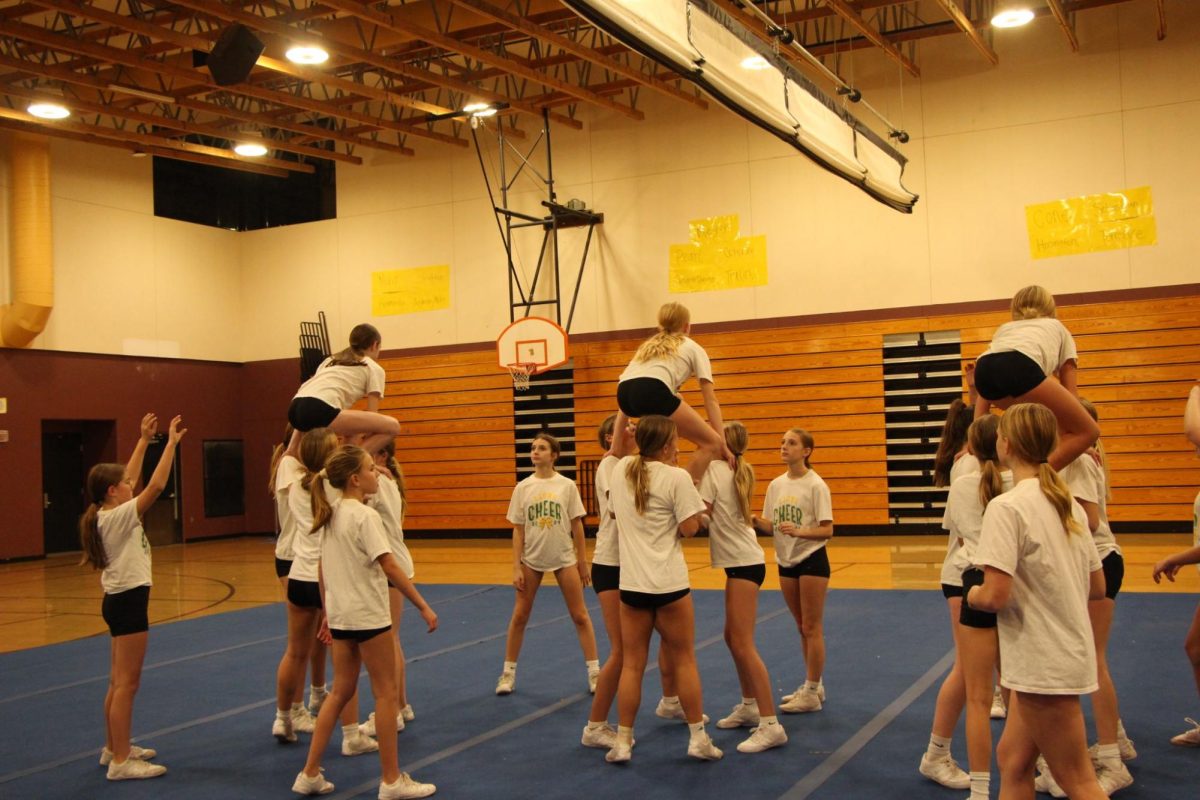







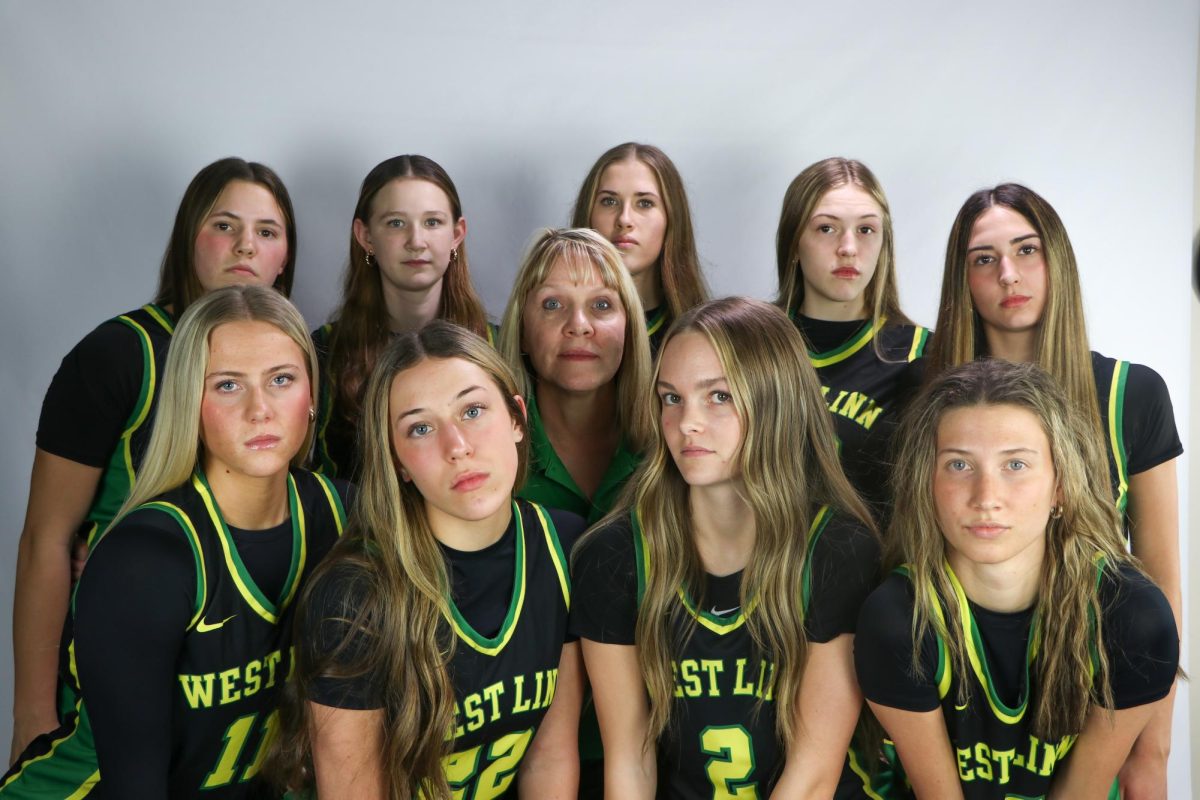
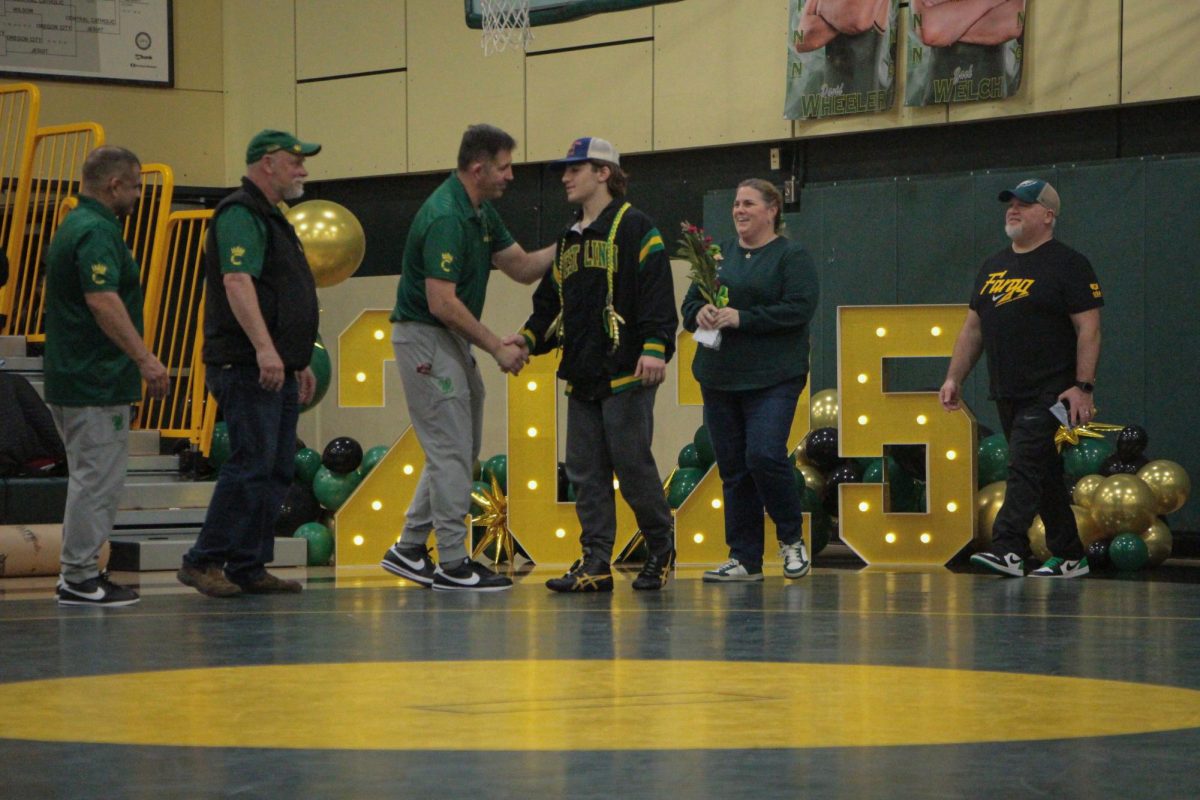



![At the bottom of the third inning, the Lions are still scoreless. Rowe stands at home plate, preparing to bat, while Vandenbrink stands off to the side as the next batter up. Despite having the bases loaded, the team was unable to score any runs. “It’s just the beginning of the season. We’re just going to be playing out best by June, [and] that’s where champions are,” Rowe said.](https://wlhsnow.com/wp-content/uploads/2024/03/IMG_3077-1200x900.jpg)

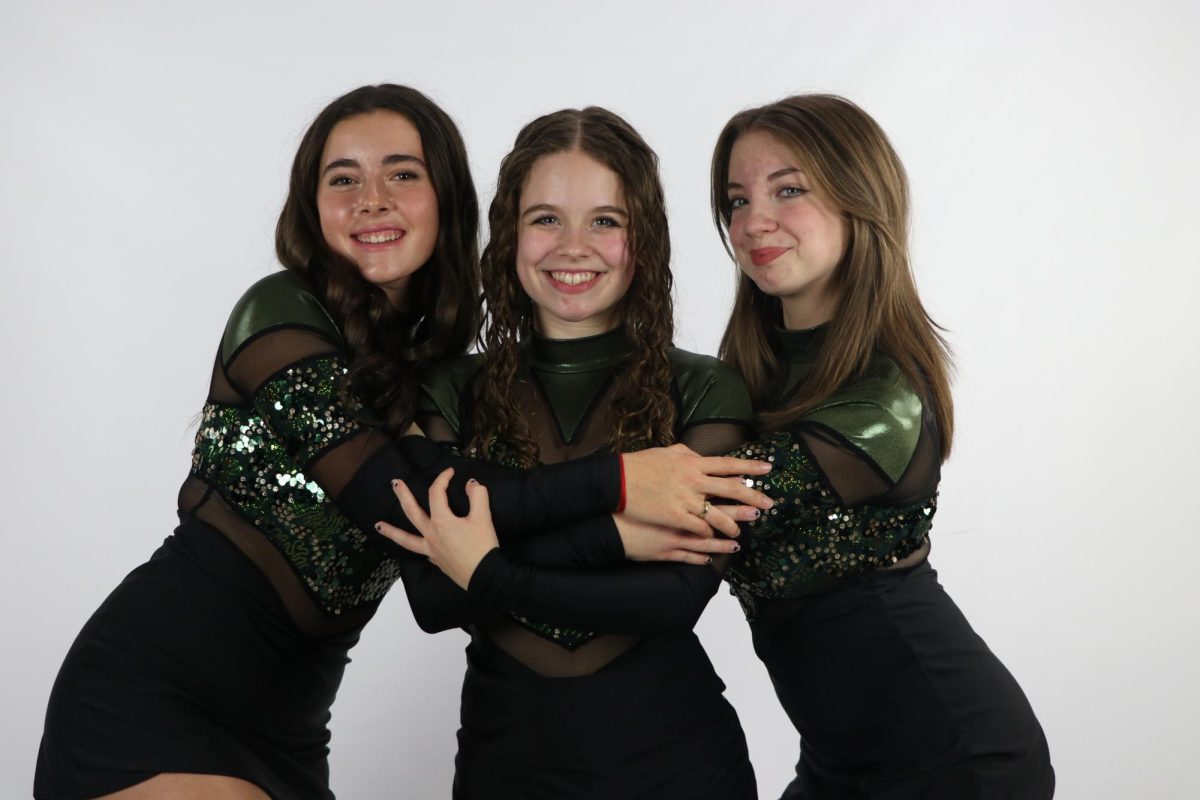



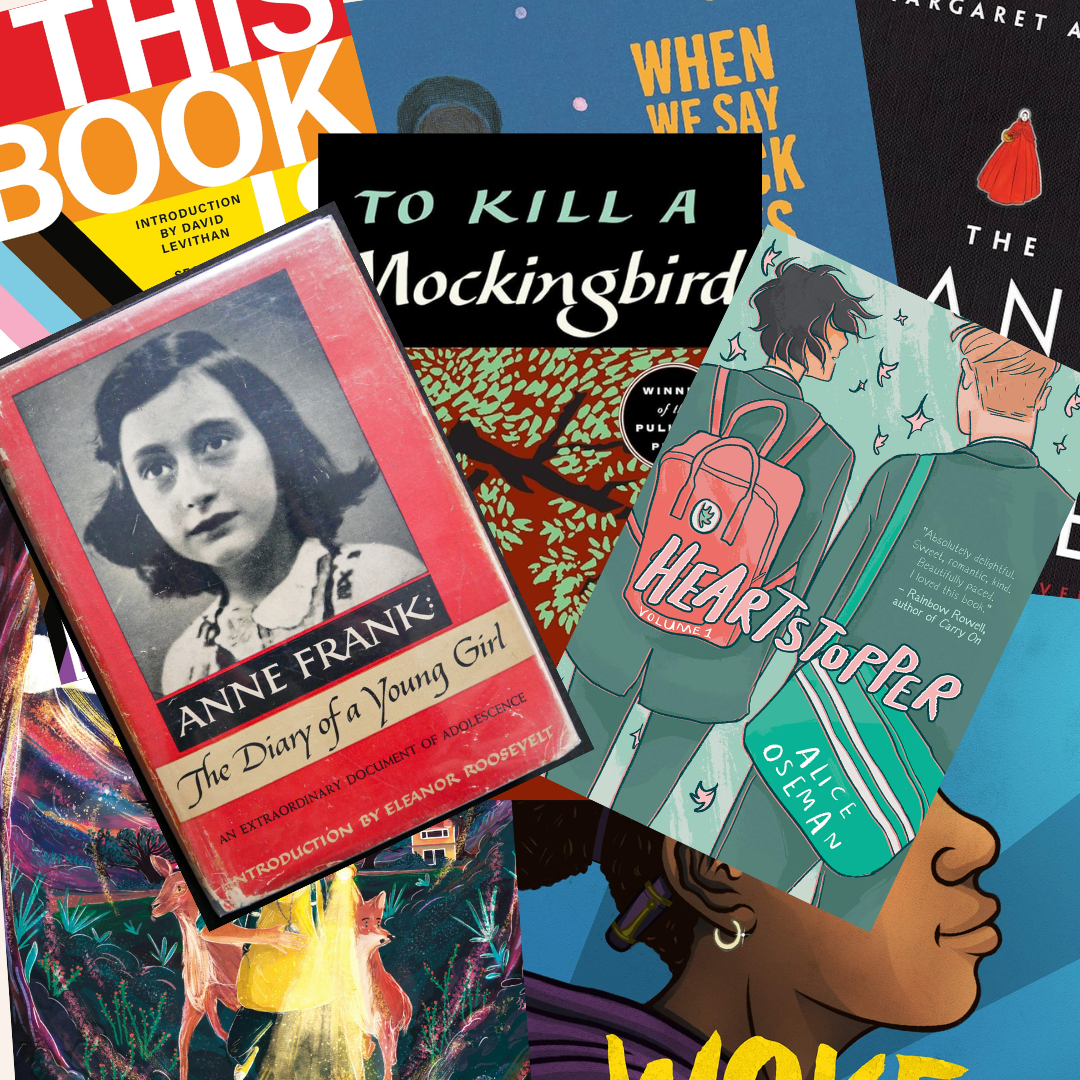
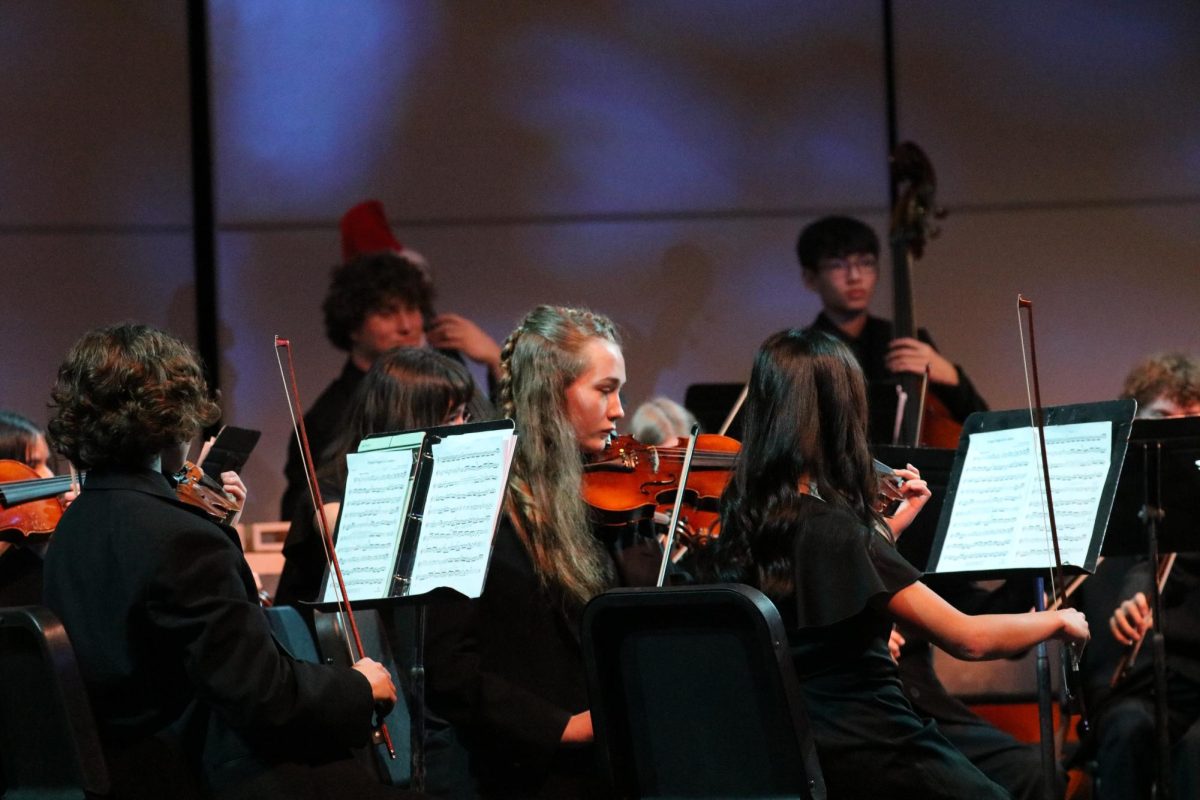
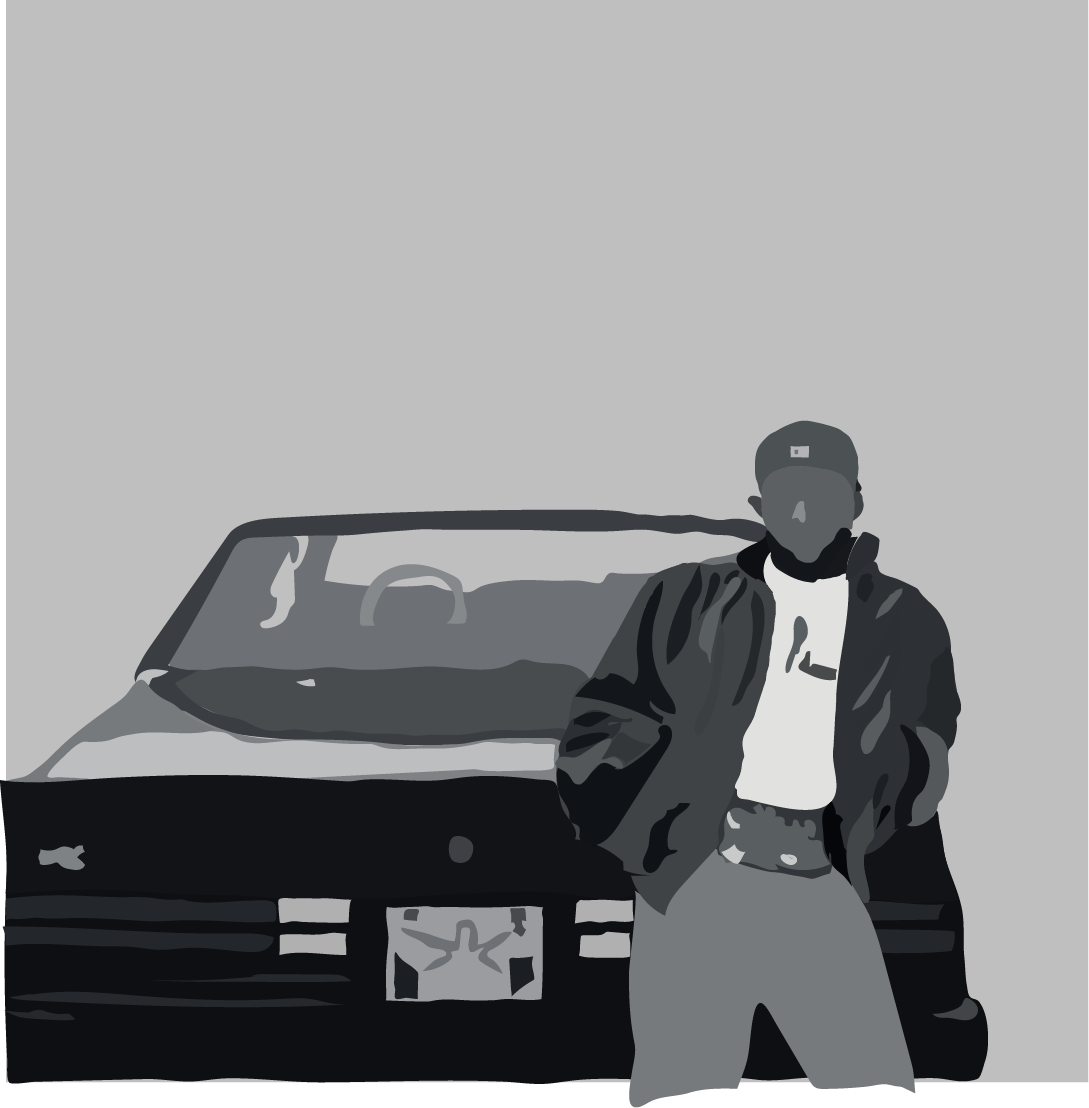











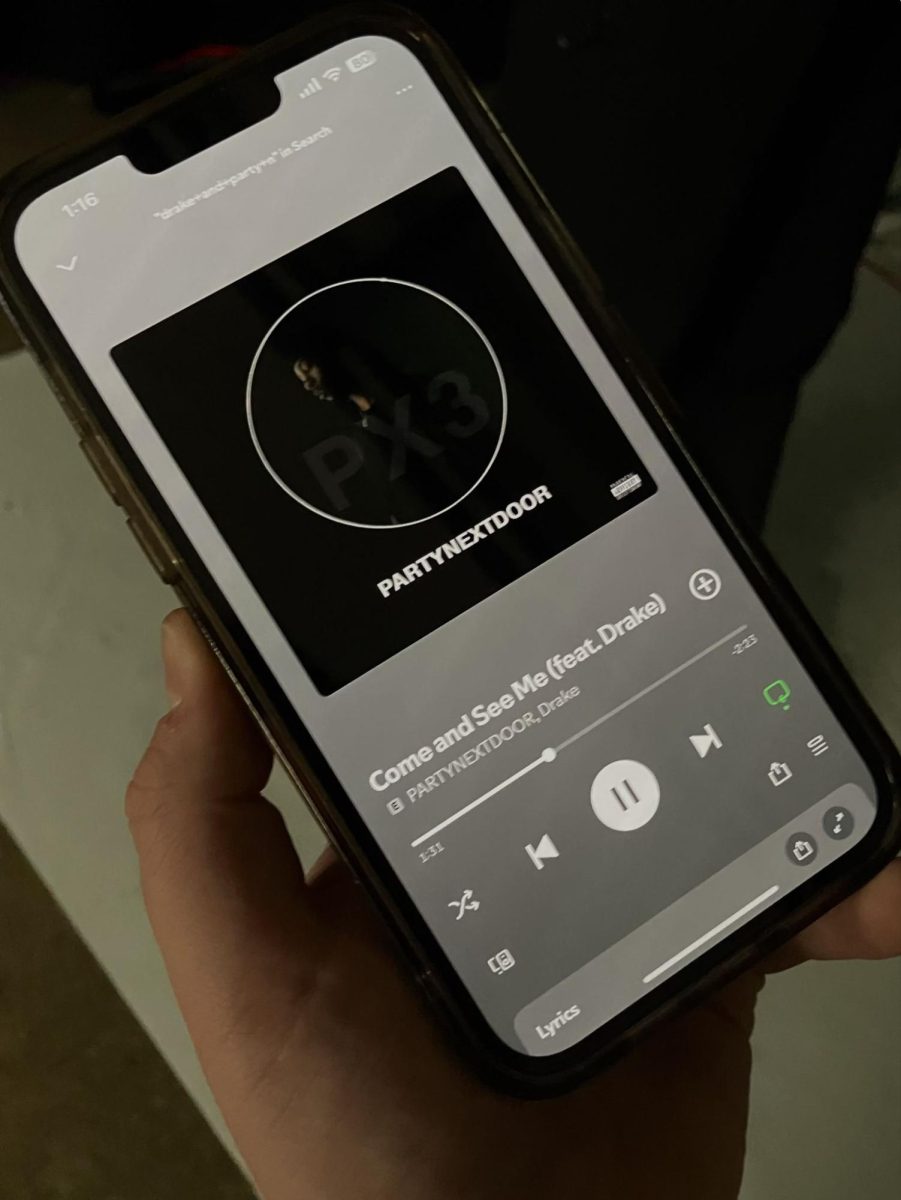
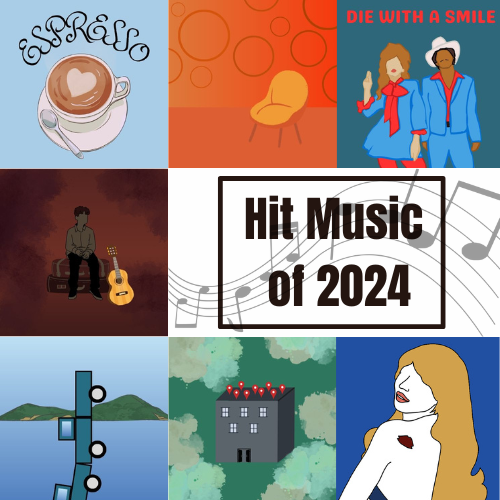









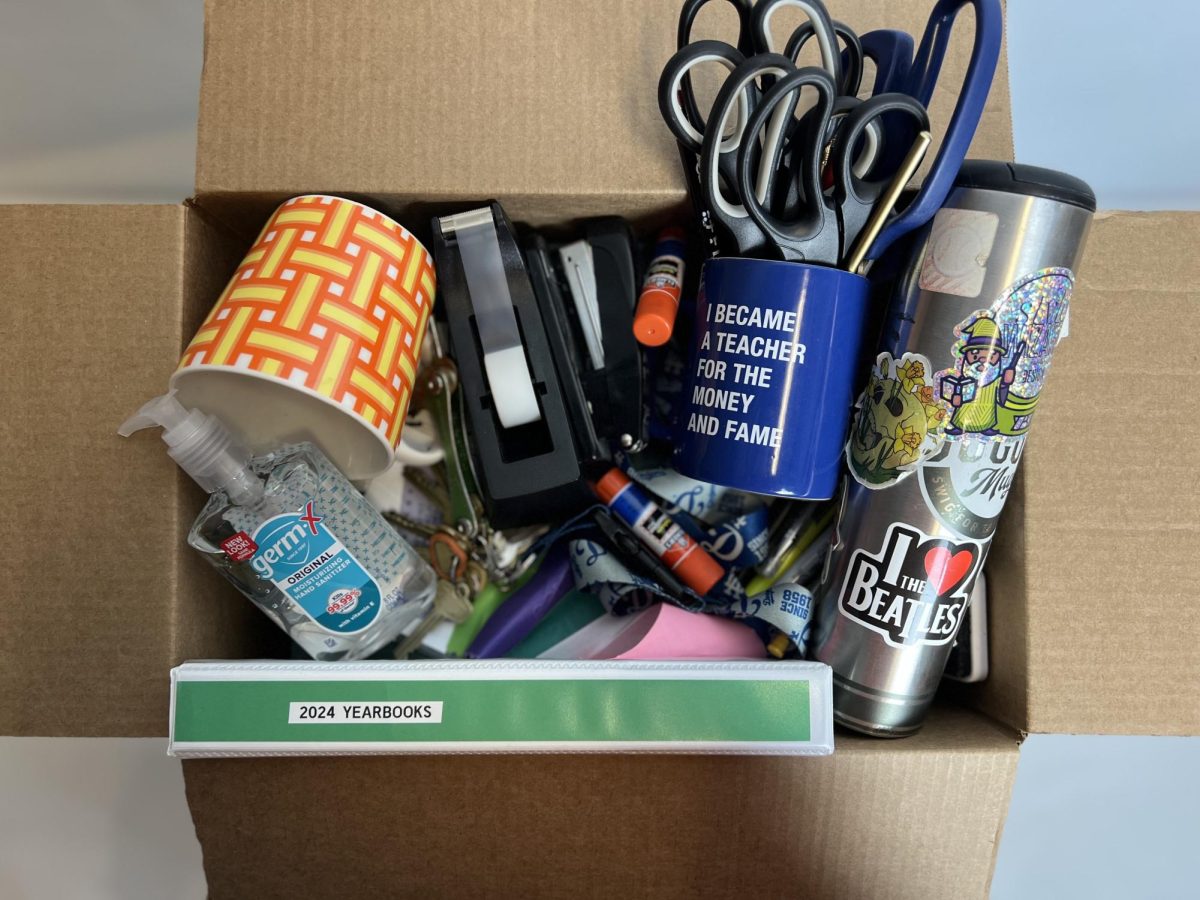




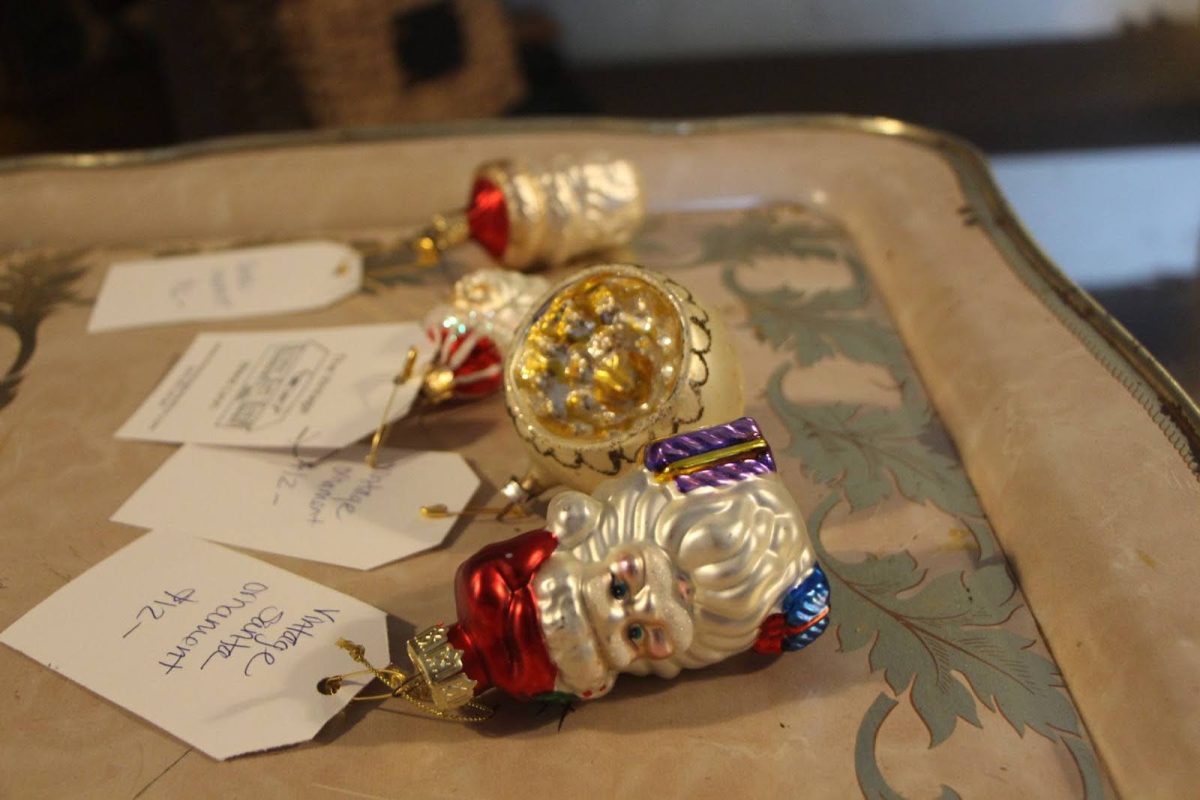















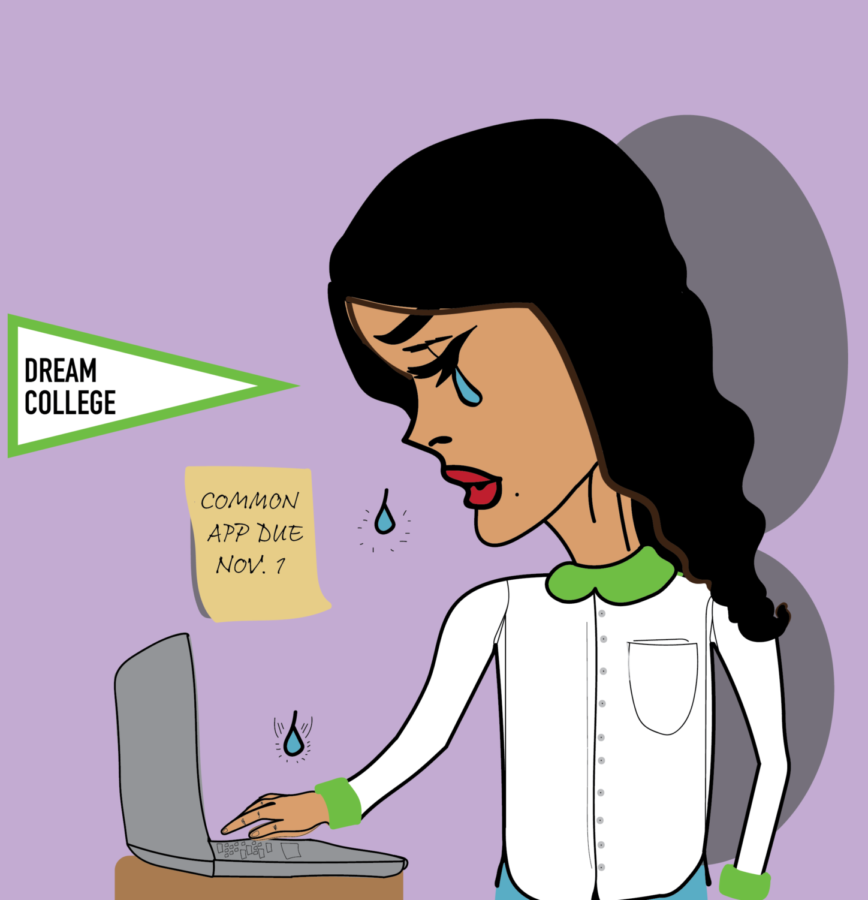




![Reaching out. Christopher Lesh, student at Central Catholic High School, serves ice cream during the event on March 2, 2025, at the Portland waterfront. Central Catholic was just one of the schools that sent student volunteers out to cook, prepare, dish, and serve food. Interact club’s co-president Rachel Gerber, junior, plated the food during the event. “I like how direct the contact is,” Gerber said. “You’re there [and] you’re just doing something good. It’s simple, it’s easy, you can feel good about it.”](https://wlhsnow.com/wp-content/uploads/2025/03/interact-1-edited-600x372.jpg)
